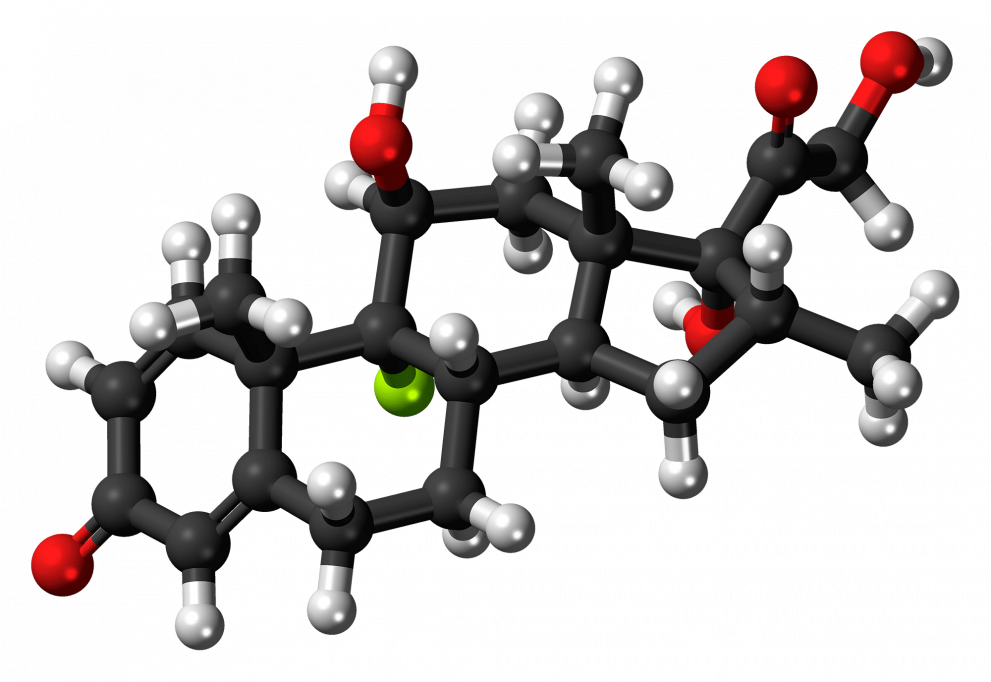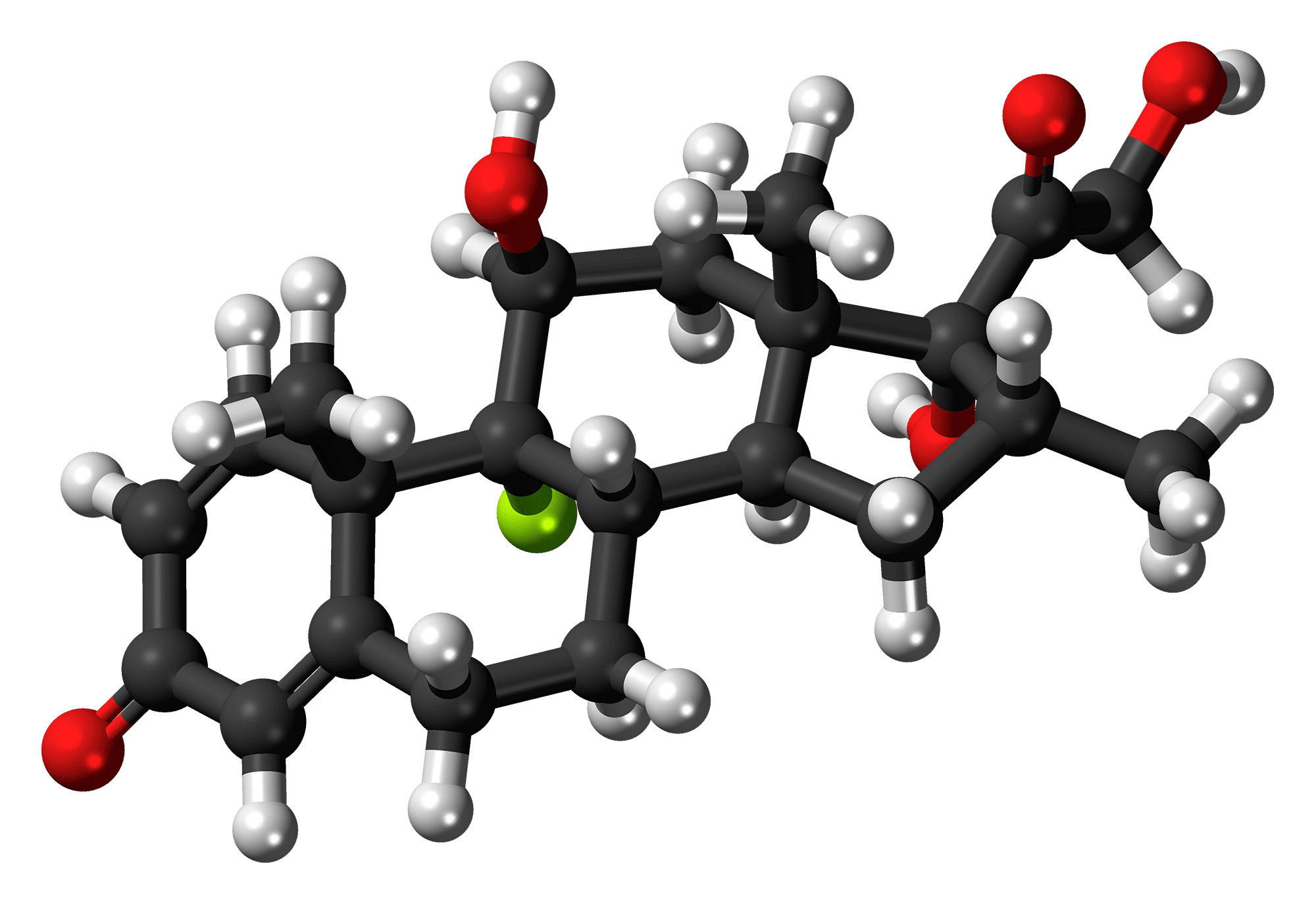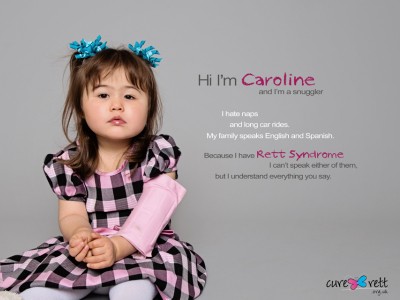
 Douglas W. Loe, analyst with Leede Jones Gable, has noted Revive Therapeutics (Revive Therapeutics Stock Quote, Chart, News CSE:RVV) as an Idea of Interest within Leede Jones Gable’s healthcare coverage.
Douglas W. Loe, analyst with Leede Jones Gable, has noted Revive Therapeutics (Revive Therapeutics Stock Quote, Chart, News CSE:RVV) as an Idea of Interest within Leede Jones Gable’s healthcare coverage.
“The firm has several clinical assets in its development pipeline, including in CNS disorders with various formulations of the psychoactive natural product psilocybin (the firm acquired the aptly-named private firm Psilocin Pharma in 2020), but more imminently in infectious disease through its Phase III activities ascribed to its legacy small-molecule dithiol bucillamine,” Loe said.
A small molecule drug developer based in Toronto, Revive recently provided an update on its clinical trial for Bucillamine, which features a dithiol structure, as a treatment for mild to moderate cases of COVID-19, with Loe expecting the trial to generate 28-day efficacy data in the next quarter or two.
The trial, which is being led by researchers from the University of California San Francisco, is currently in Phase 3 with the U.S. Food and Drug Administration, featuring 40 clinics in 14 states, with plans to expand to 50 sites and target COVID hot spots.
Revive’s future plans include pursuing a commercialization agreement to secure Bucillamine’s rights, initially targeting India, as well as parts of Asia and Europe while leveraging the results of the American clinical trials.
Of note, Bucillamine already has an established presence in Asia, primarily as a therapy for rheumatoid arthritis, though Loe notes its anti-inflammatory properties may also make it a suitable COVID-19 treatment.
“We are pleased with the status of our Phase 3 study in COVID-19 with the aim to seek EUA approval from the FDA for Bucillamine in the treatment of mild to moderate COVID-19 patients,” said Michael Frank, CEO of Revive Therapeutics, in the company’s July 15 press release. “We have made tremendous progress over the last few months by engaging over 40 clinical sites and completing patient enrollment to meet its completed and future DSMB interim analysis timepoints which will allow for the Study to continue and to have potential to seek EUA approval from the FDA. We are continuing to add to our clinical site roster in the U.S. and patient enrollment that would expedite the completion of the Phase 3 study.”
Bucillamine’s potential efficacy as a COVID-19 treatment comes after showing itself as effective in suppressing IL-6, a cytokine noted by scientists as a potential biomarker to COVID-19. Loe notes that those findings preceded the World Health Organization’s emergency approval of three separate trials of the IL-6 receptor-targeted Actemra/tocilizumab, though the trials, published in The Lancet in May, produced mixed results.
“Interestingly to us, these three trials when collectively considered show us that stage of disease and methodologies for assessing therapy efficacy are key to understanding how effective an anti-COVID-19 therapy can be,” he said. “Since bucillamine is predicted to exhibit anti-viral activity through direct covalent modification of the virus itself, it appears unlikely that it could work as a prophylactic therapy, as effective vaccines do. But if IL-6 antagonism is one of the mechanisms by which it could engender symptomatic relief in COVID-19 infection, then it could conceivably be effective in targeting both early-stage and intermediate-stage disease.”
Loe also noted that testing of other small-molecule thiol drugs like amifostine, acetylcysteine, 2-mercaptoethane sulfonate, and cysteamine by the UCSF researchers further supports the development of Bucillamine as a potential COVID-19 treatment.
“We are, of course, more focused specifically on bucillamine’s prospects as a COVID-19-mitigating therapy, but we are nonetheless encouraged by the broad-spectrum virologic activity that a series of thiol-based drugs, a few of which like bucillamine have positive long-term clinical safety histories, all exhibited some measure of COVID-19-relevant activity,” he said. “This suggests to us that bucillamine’s prospects as an anti-COVID-19 small-molecule therapy are influenced at least in part by its thiol-specific chemistry and not just by non-specific chemical interactions with the virus that may not be replicable in clinical settings.”
Loe notes that Bucillamine will likely be most effective in treating early-stage infections, and as such, clinical collaborators are enrolling subjects who manifest COVID-19-related symptoms for no longer than 72 hours prior to enrollment.
“It will be key for bucillamine to exhibit some disease-reversing activity in mild-to-moderately symptomatic patients and not just to prevent symptoms in patients who are positive for the virus but who have not yet exhibited any of the hallmark symptoms of respiratory infection,” he said. “It is not clear if bucillamine can covalently modify COVID-19 surface protein once it has entered target cells, and the Phase III trial may not generate a clear signal on this issue at final analysis.”
Revive Therapeutics closed Monday down $0.01 to $0.57.
Leave a Reply
You must be logged in to post a comment.





 Share
Share Tweet
Tweet Share
Share




Comment